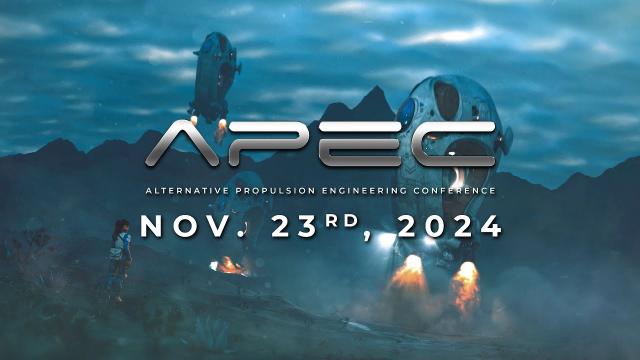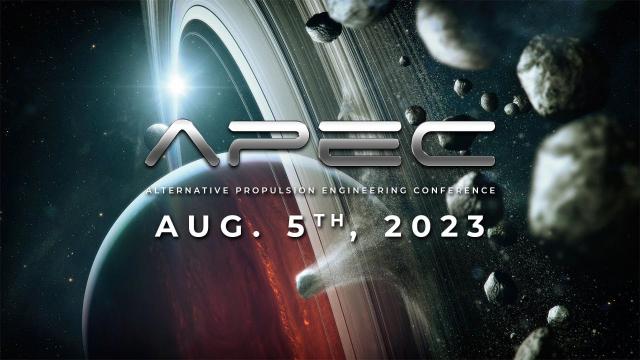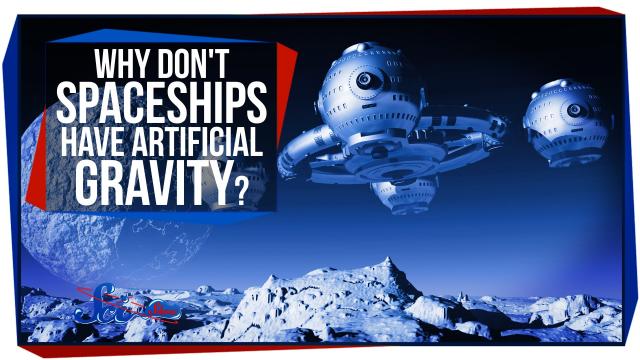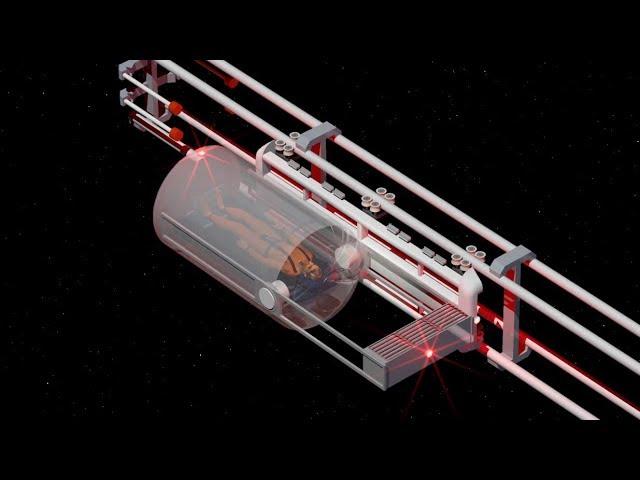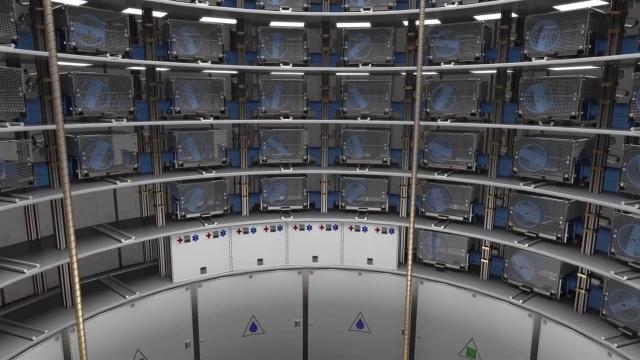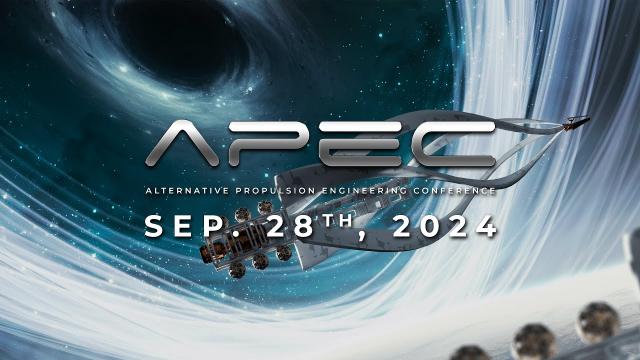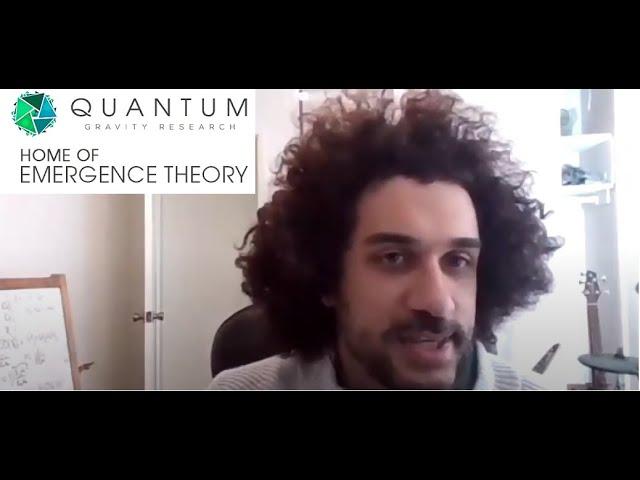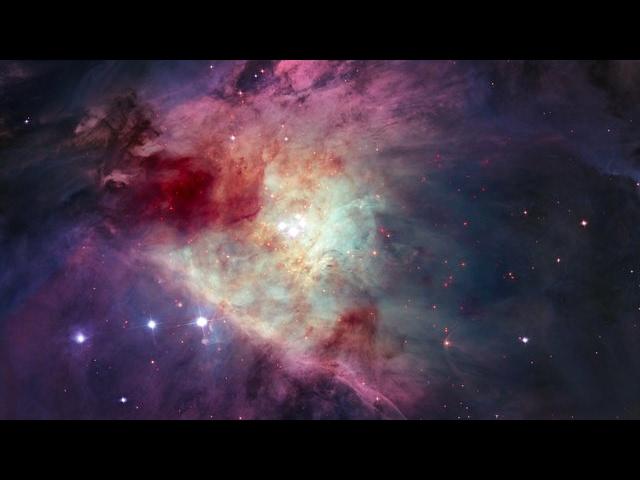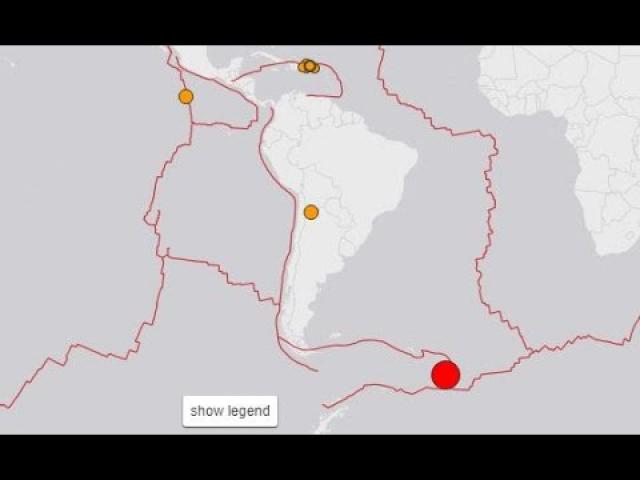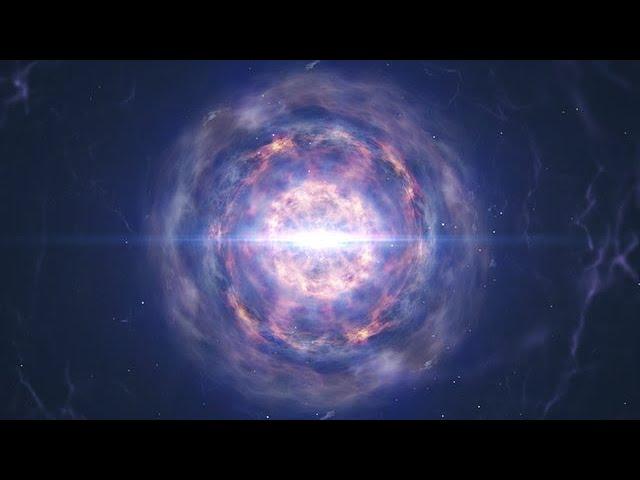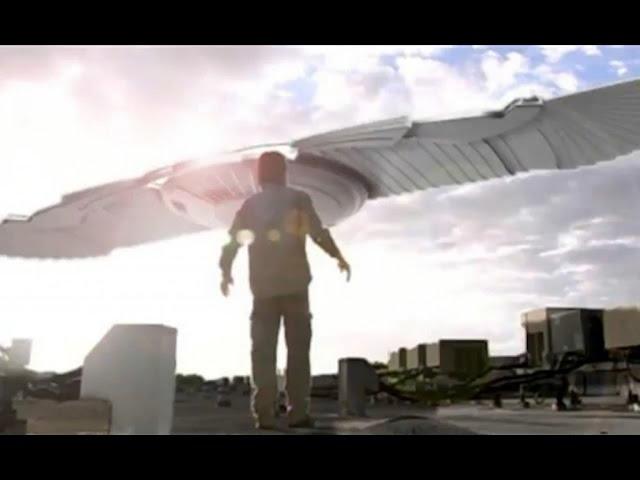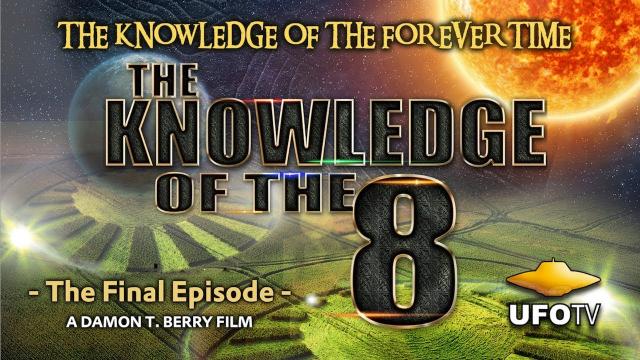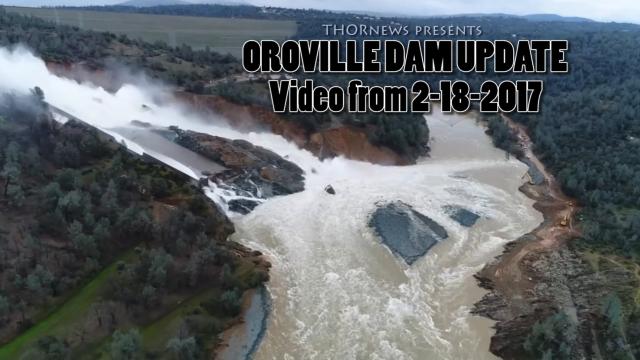APEC 10/26: Frame-Dragging, Artificial Gravity & The StarDrive Device
Description
Lance Williams presents on frame-dragging & gravitational coupling, Nathan Inan discusses a classical coupling of gravitation & electromagnetism, Jason Cassibry on dielectrophoresis as a means for artificial gravity, and Jack Al-Kahwati will discuss the StarDrive Device. We’ll also be hearing updates from our lab partners and finishing off the event with an open discussion by conference attendees!
12:00pm PT – Lance Williams – Frame Dragging & Gravitational Coupling
There is a drag force on objects moving in the background cosmological metric, known from galaxy cluster dynamics. The drag force can be understood as inductive rectilinear frame dragging. Unlike the Kerr metric or other typical frame-dragging geometries, cosmological inductive dragging occurs at uniform velocity, along the direction of motion, and dissipates energy. Proposed gravito-magnetic invariants formed from contractions of the Riemann tensor do not appear to capture inductive dragging effects, and this might be the first identification of inductive rectilinear dragging.
1:00pm PT – Nathan Inan – Superconductor Meissner Effects for Gravito-Electromagnetic Fields
There is much discrepancy in the literature concerning the possibility of a superconductor expelling gravito-electromagnetic fields just as it expels electromagnetic fields in the Meissner effect. Contradicting results are found in at least 18 papers written collectively by more than 20 authors and published over the course of more than 55 years (from 1966 to the present year of 2024). The primary purpose of this talk is to carefully explain the reason for the discrepancies, and provide a single conclusive treatment which may bring coherence to the subject. The key result is that the gravitomagnetic field is expelled from a superconductor with a penetration depth on the order of the London penetration depth when an appropriate magnetic field is also present.
2:00pm PT – Jason Cassibry – Dielectrophoresis as a Means for Artificial Gravity
Dr. Jason Cassibry is a professor in the Department of Mechanical and Aerospace Engineering and affiliated with the Propulsion Research Center at the University of Alabama in Huntsville, and will be providing an overview of his team’s lab at UNH work with high voltage dielectrophoresis, which is being studied for in-space applications like artificial gravity for crewed missions. His team is already capable of generating 1/3 of Earth’s gravity on objects like wood, glass, plastic, and marble, and hopes to approach 1g as they continue to refine their equipment & methodology.
3:00pm PT – Jack Al-Kahwati – The StarDrive Device
Mach 25+ Launches: superconducting accelerator capable of Mach 25+ earth-to-orbit payload launches, developed in partnership with Longshot Space and other key technology providers to move this concept from TRL4 to TRL6. Jack will discuss his work on electro-scalar wave simulations, the use of REBCO coils for efficient orbital exits, and how this technology is hoped to facilitate affordable, frequent launches and and inspire pioneering new propulsion systems.
4:00pm PT – Lab Partners – Experimental Research Updates
Learn about hands-on engineering & technical research on advanced propulsion experiments by our lab partners. Mark Sokol & the Falcon Space team will describe recent work on NMR / EPR gravity-modification experiments, Jarod Yates & Charles Crawford will provide updates on the Graviflyer, Bryan St. Clair will discuss research being done into new inertial propulsion experiments, and other labs are anticipated to share updates as well during this time.
5:00pm PT – Open Discussion & Ad-Hoc Presentations
Conference guests interested in presenting experimental info to the group are invited to participate at this time, and our presenters will be available to take questions & discuss experiments.

